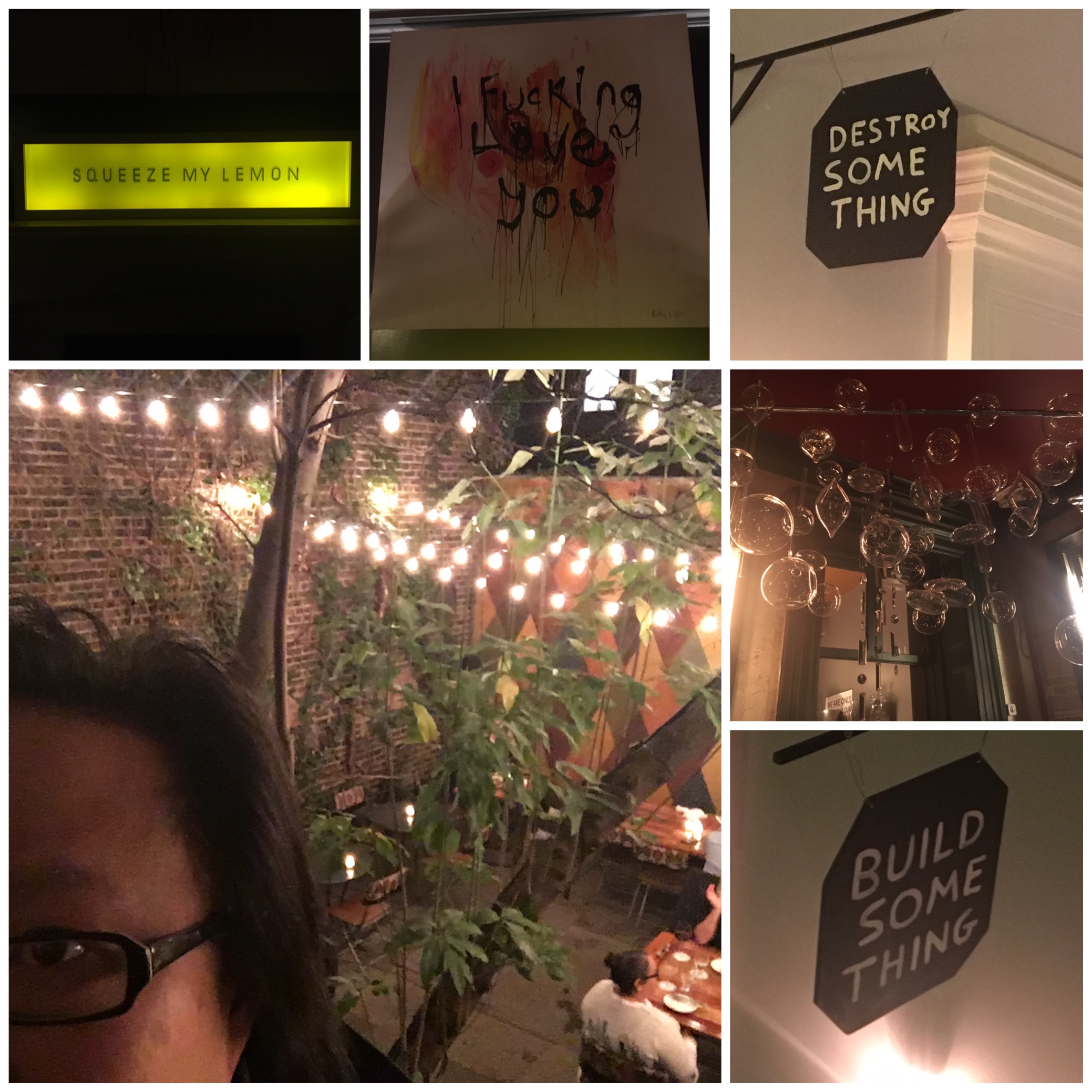The greatest of meet-ups change you. Then you go on to change the world.
Occasionally, a snowflake falls on the mountainside and an avalanche occurs.
The best meet-ups are an avalanche of ideas and a meeting of minds.
Again, I’ve been challenged by the observation that life is messy. Yet what unites and binds us as humans still remains greater than our divisions.
For all the polarization in the world, there are still places to meet. Respect. Life. Chaos. Arguments. Hugs.
I heard about an extraordinary range of commitments to long-term social and environmental value. From the country and city level – particularly the cities – but at all levels. And as we argue I hear the importance of discourse of conversation.
I heard reflections on the state of the UK union. There are real chances it might split in the future, but whatever the outcome how do can still heal and come together.
I heard very moving stories of the “Troubles”. A joke on how the people could only underplay the loss and conflict that threads through human lives. To be a “mixed marriage” is to be from two communities from different religious backgrounds. Fathers and sons died. Mothers and daughters died. Families grieved. There was a healing, a tentative wound closure – and that in the hurtling crisis that is Brexit the social cost in Belfast could well be tremendous. Sad on where we’ve arrived. Moved on how we lost and healed. Hopeful slithers as good people continue to try for peace.
I witnessed an astonishing evening of music. A classical rap fusion, led by Dessa - a female vocalist of sublime word-smith, voice and heart. It’s genre-crossing live music between a rapper and the BBC National Orchestra of Wales. Dessa reflected it’s not often you can wear a fancy cape out and about. I think it’s even rarer to bear witness to such an unusual music fusion. Took me to a place musically I’ve never been and like all sublime art, leaves you changed when you emerge. (A track from Dessa below).
A conference is part content. A conference is all people. The greatest meetups have the greatest people. It’s not our individual heights but our collective complexity.
I heard about how to run hospital groups in America and the pros/cons of a Medicare for all.
What it’s like to be a Burner at Burning Man and how not to die.
How to make classic rum. The freshness of sugar cane. The art of distillery. How to age gin.
What being a First Assistant Film Director is like – the person who runs the set onsite.
What it means to protect your synagogue. How Jews feel under threat.
What filming stories for Instagram Stories is all about.
What intermittent fasting is like
What it means, and how you can get to adopt in the US. And a picture of adoption and story to make me cry.
What Cities are doing, what power grids and doing, what endowments are doing in the fight in the climate emergency.
I learnt about the neuroscience of poverty, the challenges in protecting children online, what the international development community are attempting to do; the latest advances in dementia and brain research.
I discovered a community theatre practice centered around rural life in America. The hopes, dreams and challenges of farmers and the like.
I heard about book writing and Hollywood film making.
The challenges of UK special education and the ethics of Downs syndrome testing.
I ended up abseiling down the side of a hotel for charity as part of giving back. (See above)
I heard about what can make our brains better (altitude and high intensity training).
I heard about Goalball. A sport geared to those with disabilities.
… and through all of this the music, dance, food, drink, conversation of life.
The constructive clashing of life – when we humans meet in these activities they are the concentrated renewable energy that fuel our discussions - our debates - our loves - our passions - our fights - our peaces.
We argue, but we stand together.
So – it’s messy – there are questions without answers. Lines are crossed. Redrawn. Fudged. Drawn again. It’s gloriously messy and absolutely worth saving.
I know. We know. In an age where matters may seem divisive. Good people and still meeting, still connecting; listening and exchanging.
As we joke….Let it BAP. There won’t be an answer, so let it BAP.
(Do sign up to my monthly newsletter below, if you’d like to keep in touch).





































